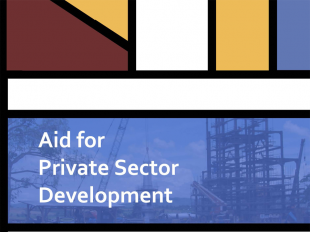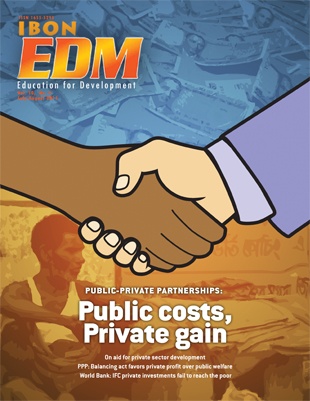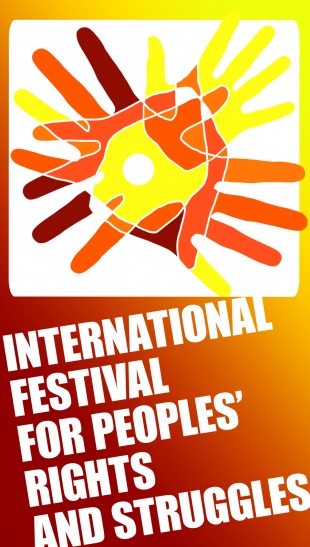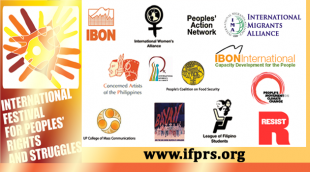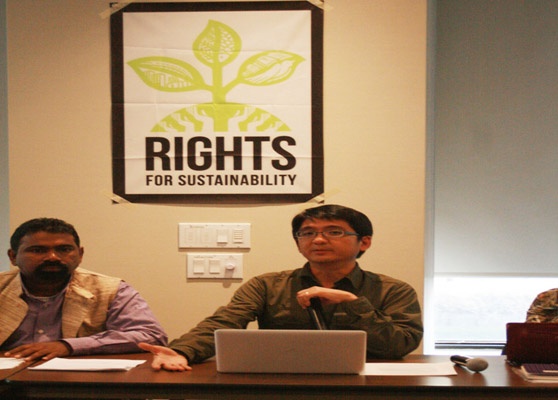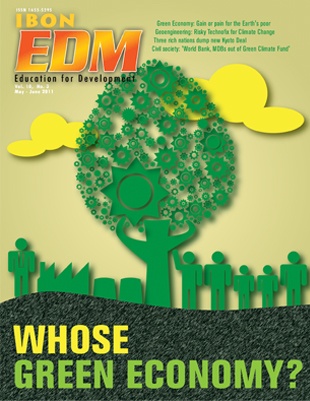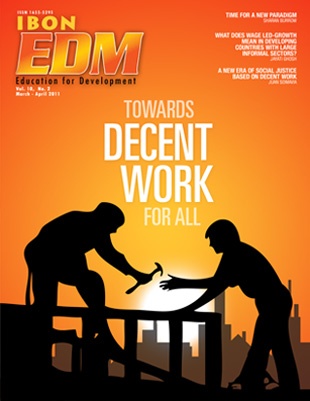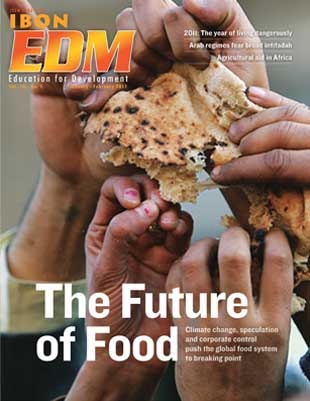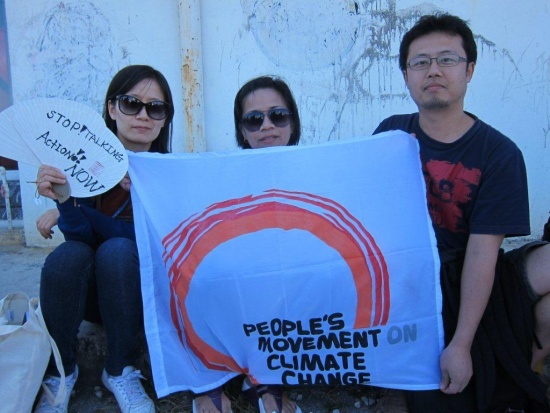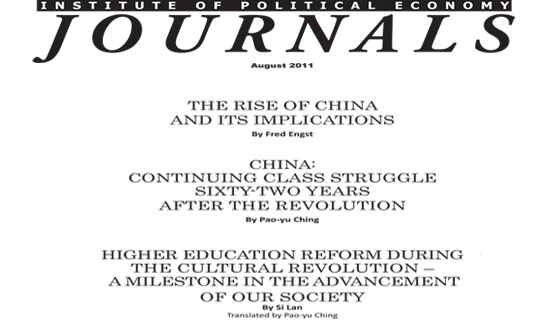
August Issue of the Institute of Political Economy Is Out Now
To achieve its goal to undertake research for policy formulation and the development of alternatives for socioeconomic issues in the Philippines and the world, the Institute of Political Economy is pleased to announce the release of its August 2011 Issue.
